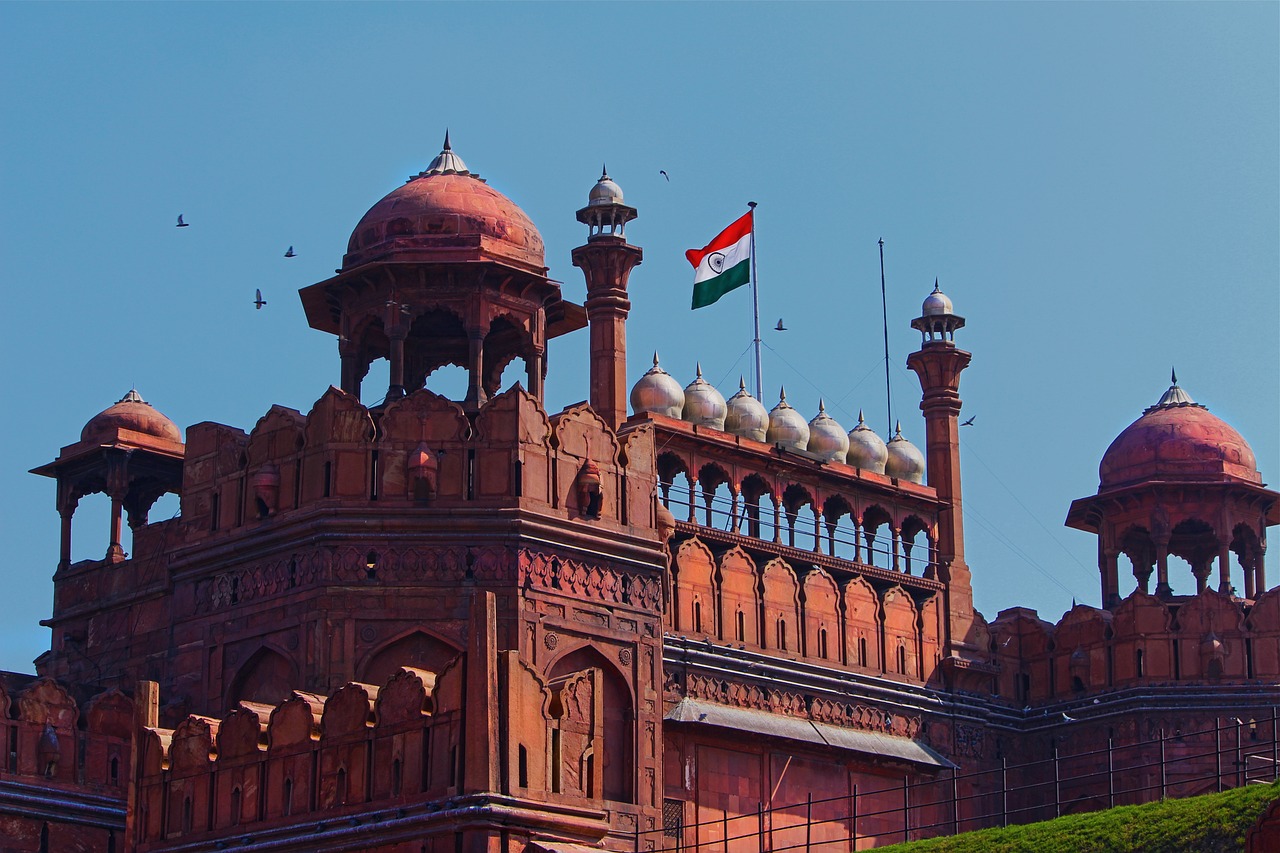Leveraging Social Media Platforms for Polling Booth Outreach and Engagement
allpaanel mahadev book, mahadev book login id and password, online cricket id:Social media platforms have become an essential tool for reaching and engaging with people from various walks of life. With the rise of social networking sites like Facebook, Twitter, Instagram, and LinkedIn, politicians, advocacy groups, and organizations are leveraging these platforms to connect with their audience in a more personal and interactive way.
One area where social media has become increasingly important is in polling booth outreach and engagement. By utilizing the power of social media, political candidates and organizations can reach a wider audience, increase voter turnout, and create a more informed electorate. In this article, we will explore how social media platforms can be leveraged for polling booth outreach and engagement.
**Understanding the Power of Social Media**
Social media has the ability to reach millions of people across the globe in a matter of seconds. With the click of a button, politicians and organizations can share their message, rally support, and engage with their audience in real-time. Platforms like Facebook and Twitter allow for direct communication with voters, enabling candidates to disseminate information, answer questions, and mobilize their base.
**Creating a Strong Social Media Presence**
To effectively leverage social media for polling booth outreach and engagement, it’s essential to have a strong social media presence. This means creating profiles on various platforms, posting regularly, and engaging with followers. By sharing relevant content, responding to comments, and participating in online conversations, candidates can build a loyal following and increase their reach.
**Targeting the Right Audience**
One of the key advantages of social media is its ability to target specific audience segments. By utilizing advertising tools on platforms like Facebook, candidates can reach voters based on demographics, interests, and behaviors. This targeted approach allows for more efficient communication and engagement, ultimately driving voter turnout.
**Engaging with Voters**
In addition to sharing information and promoting their campaign, politicians can use social media to engage with voters on a personal level. By responding to messages, hosting live Q&A sessions, and sharing behind-the-scenes content, candidates can create a sense of connection and trust with their audience. This engagement can help mobilize supporters, encourage voter turnout, and shape public perception.
**Leveraging Social Media for Event Promotion**
Social media can also be used to promote events like town hall meetings, rallies, and debates. By creating Facebook events, promoting on Twitter, and utilizing Instagram stories, candidates can generate buzz, attract attendees, and increase visibility for their campaign. Live-streaming events can also reach a wider audience, allowing people to participate from anywhere in the world.
**Measuring Success with Analytics**
To gauge the effectiveness of their social media efforts, candidates can utilize analytics tools provided by platforms like Facebook and Twitter. These analytics can provide valuable insights into user engagement, reach, and demographics, helping candidates optimize their outreach strategy and tailor their messaging to the preferences of their audience.
**FAQs**
**1. How can social media help increase voter turnout?**
Social media can help increase voter turnout by reaching a wider audience, providing information about polling locations and times, and creating a sense of urgency and excitement around the election.
**2. Which social media platforms are most effective for polling booth outreach?**
Facebook, Twitter, and Instagram are commonly used platforms for polling booth outreach and engagement due to their widespread popularity and robust advertising tools.
**3. What strategies can politicians use to engage with voters on social media?**
Politicians can engage with voters on social media by responding to comments and messages, hosting live Q&A sessions, sharing behind-the-scenes content, and addressing voter concerns and issues.
**4. How important is social media for the success of a political campaign?**
Social media has become increasingly important for the success of a political campaign, enabling candidates to reach a wide audience, mobilize supporters, and shape public opinion in real-time.
In conclusion, social media platforms offer a powerful tool for politicians and organizations to engage with voters, increase voter turnout, and shape public opinion. By creating a strong social media presence, targeting the right audience, engaging with voters, promoting events, measuring success with analytics, and leveraging the unique features of each platform, candidates can effectively reach and connect with their audience, ultimately driving success at the polls.







